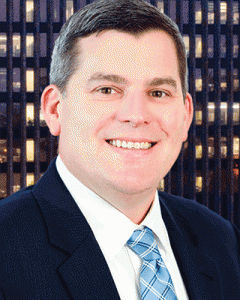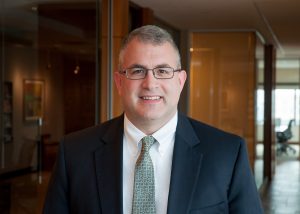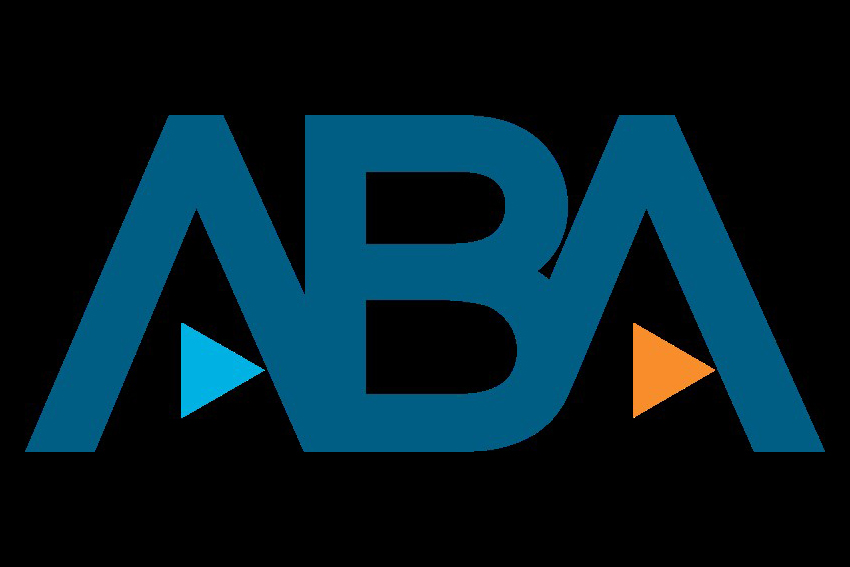Pandemic drives professional services industry to use new hiring, retention strategies

Mark J. Kovaleski
Mark Kovaleski, managing partner at Mengel Metzger Barr & Co. LLP, says the firm has taken this time to revisit its hiring policies as businesses begin to navigate a new normal.
“With every challenge comes opportunity,” Kovaleski says, adding that the process is ongoing. “We’re still trying to discover what post COVID-19 work life will look like.”
Technology will play a big role moving forward, he says, noting the firm will likely have a hybrid work model that includes in-office and remote options.
Kovaleski supports such a model, citing the importance of some in-person interactions, noting opportunities for collaboration and establishing strong company cultures can be lacking in a fully remote model.
The accounting firm did go virtual with hiring efforts last year, including hosting a remote event in place of its traditional open house for college interns and new recruits that draws upwards of 150 students.
While the virtual event was successful, Kovaleski believes something was missing by not having that in-person interaction.
Recent new hires at the firm are also seeking that in-person interaction, he says.
The company is about to welcome 11 people to the firm, and each said they wanted to work in the office rather than remotely, he says.
The focus on technology during the pandemic also accelerated the growing need in the accounting industry to hire more non-accounting majors, with companies instead seeking out those who studied data analytics, an area which is now used more during the audit process, Kovaleski explains.
Most accounting and legal firms have continued to grow despite the global pandemic and there is a need to find more employees, he says.
In response, Mengel Metzger Barr has expanded its reach geographically, recently hiring people who live outside the Rochester region. While the practice is not new to the firm, it is being used more than it was pre-pandemic, Kovaleski says.

Jared Lusk
“Do I think it will ever be like it was pre-pandemic? Probably not,” Lusk says. “I wonder how it will normalize.”
Using virtual applications has allowed Nixon Peabody to conduct interviews remotely, connecting team members around the country via Zoom and making the process quick and efficient.
Lusk agrees the rise in remote work has allowed the firm to find talent across a broader geographic area.
That means the firm could find ideal job candidates, such as an attorney who specializes in a unique area of law, regardless of their physical location.
Lusk is seeing potential employees seeking more flexibility in general when it comes to work.
He, too, believes a hybrid model will continue, adding future plans will ultimately be driven by client needs.
“We will likely defer to colleagues to make their own judgements as long as the needs of the firm and our clients are being met,” he says, noting the firm would continue to find ways of connecting, mentoring and maintaining a strong company culture.
Lusk believes the professional services industry has shown its resiliency and openness for new ideas over the past 18 months, noting massive change to the workplace came within a matter of hours one day in March of last year when employees were given a laptop and told to work remotely.
“If we could change the way we did business in six hours, we should be open to changing the way we do business going forward,” Lusk says.
David Mandrycky, principal and vice president of Human Resources and Administration at Insero & Co. CPAs, LLP, says the firm has been able to continue hiring new employees and accepting college interns throughout the pandemic.
The process for both, however, has changed.
Pre-COVID, Insero would attend job fairs on campuses and focus more on in-person interactions looking for interns or new recruits. The pandemic caused the firm to shift to more virtual formats.
The colleges embraced the change and Insero had just as many students interested in the firm as it did prior to the pandemic, he says.
In addition to being well received, the virtual sessions have been more efficient than past practices.
The same is true for the hiring efforts, he says, with virtual interviews incorporated into the process cutting the hiring timeline nearly in half.
An enhanced effort is also being made to keep current with the firm’s social media accounts and its website, so job seekers have the most up-to-date company information.
“Potential employees can get a better perspective on the company quicker,” he says.
Mandrycky says workers are looking for more flexibility with their schedules, whether that be fully remote work or a hybrid schedule.
The pandemic also brought the need for more of a focus on employee wellness initiatives for companies, he notes. As a result, Insero is about to roll out an enhanced employee assistance program.
According to Mandrycky, there are now more people looking for meaningful part-time jobs, having re-evaluated their lives over the past year-plus and wanting to have the freedom to do more off the job.
“Flexibility and part-time work will be really important moving forward,” he says.
With the number of job openings, job seekers have many choices for employment.
“People can go wherever they want,” Mandrycky says. “Companies need to portray the right message and make sure they are actually living it.”
While some companies may take a more old-school approach believing employees need to be in the office all day every day, they may want to rethink that strategy, Mandrycky says.
“With less people (in the job pool), if you have a good employee you may want to do everything you can to retain that person,” he says.
Mandrycky believes companies most willing to adapt will be able to navigate any changes in the hiring landscape post-pandemic.
“Any company that embraces new ideas should be able to find what works for them,” he says.
Share this story, choose a platform
Brought to you by BridgeTower Media
Free Weekly Newsletter
Recommended content
Legal Ethics: New ABA opinion seeks to clarify lawyers’ duties when they withdraw from cases
Legal Ethics: New ABA opinion seeks to clarify lawyers’ duties when they withdraw from cases By Jim Doppke In my [...]
Young lawyers need better AI verification abilities, study shows
The survey also found concern over the legal reasoning and argumentation skills of newer lawyers. Read more @ artificiallawyer.com
Who should you promote within your law firm?
The best candidates are usually not those asking for promotion. Rather, they have earned consideration through stellar work and loyalty. [...]
Walking in your clients’ shoes
Learning to empathize with clients – as challenging as that sometimes is – can mean the difference between a successful [...]





